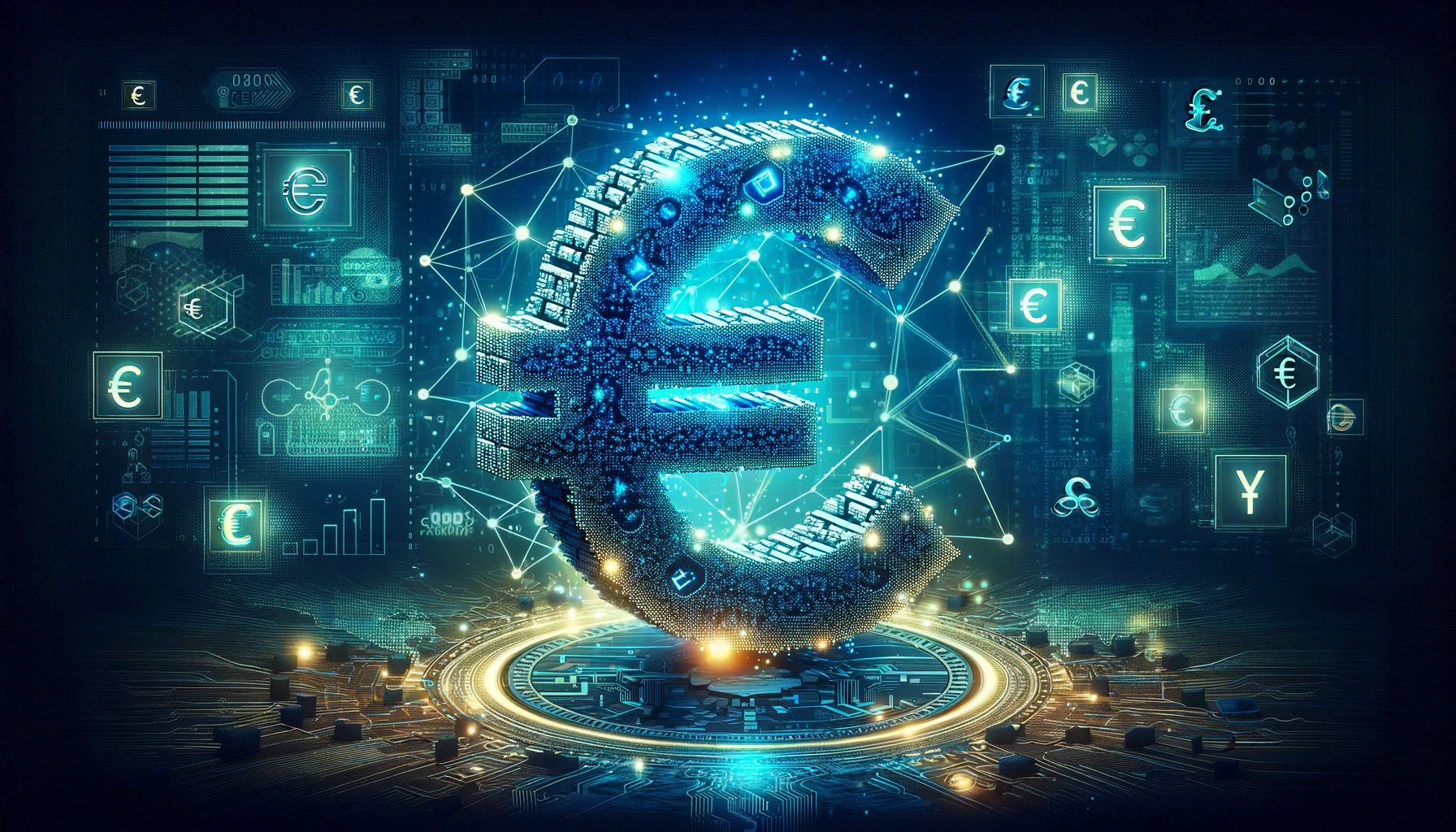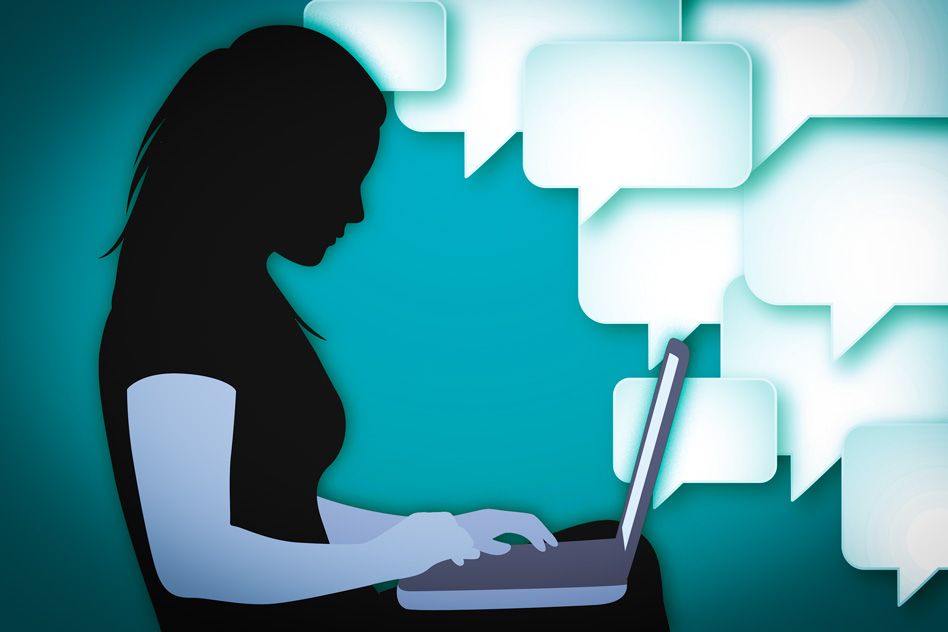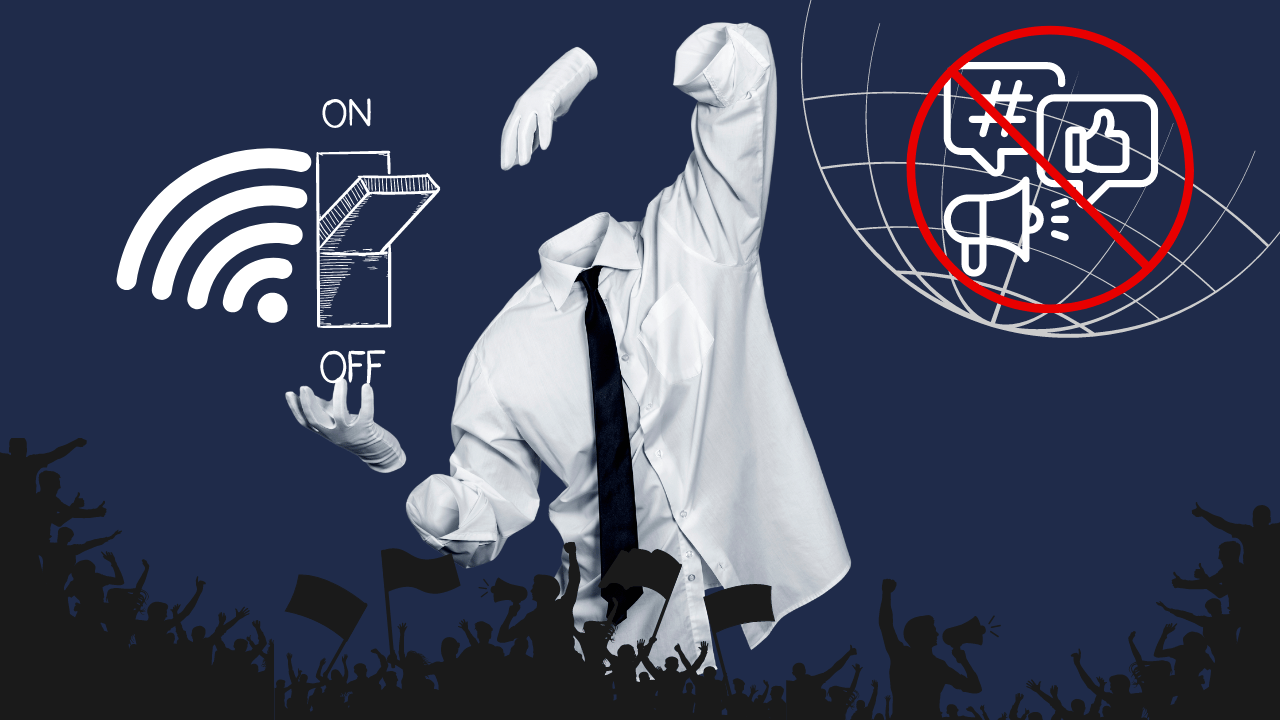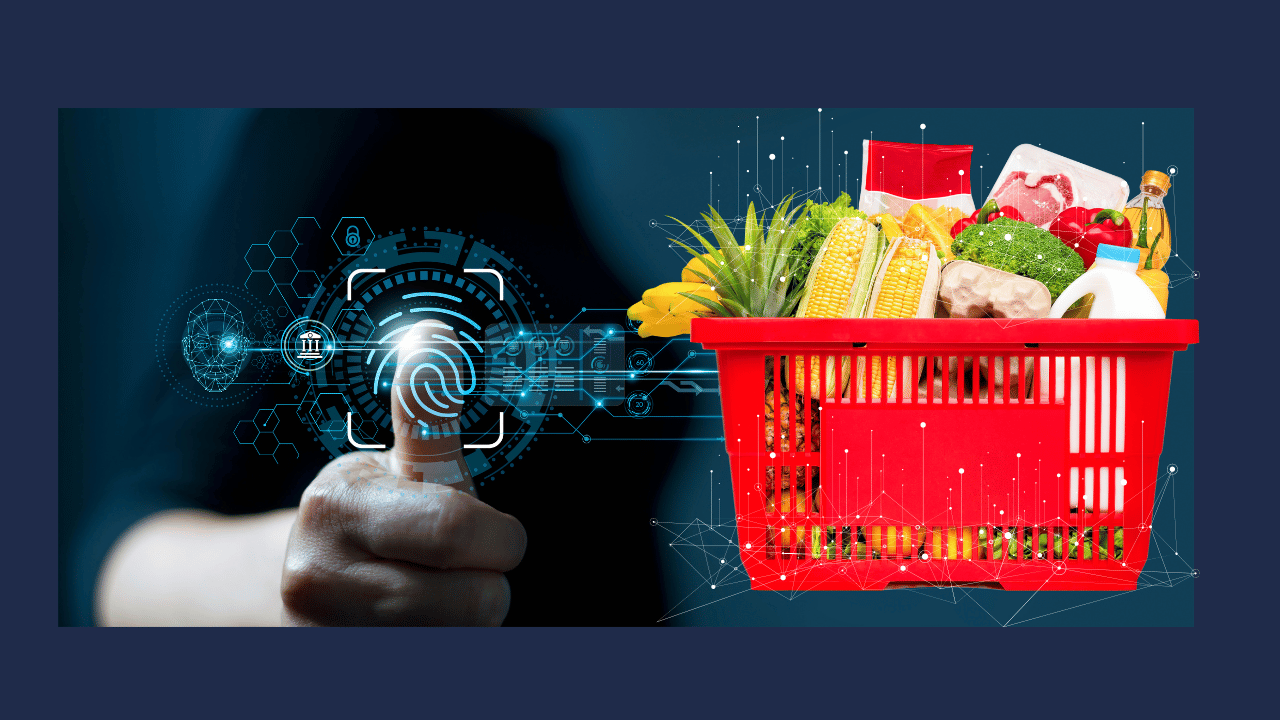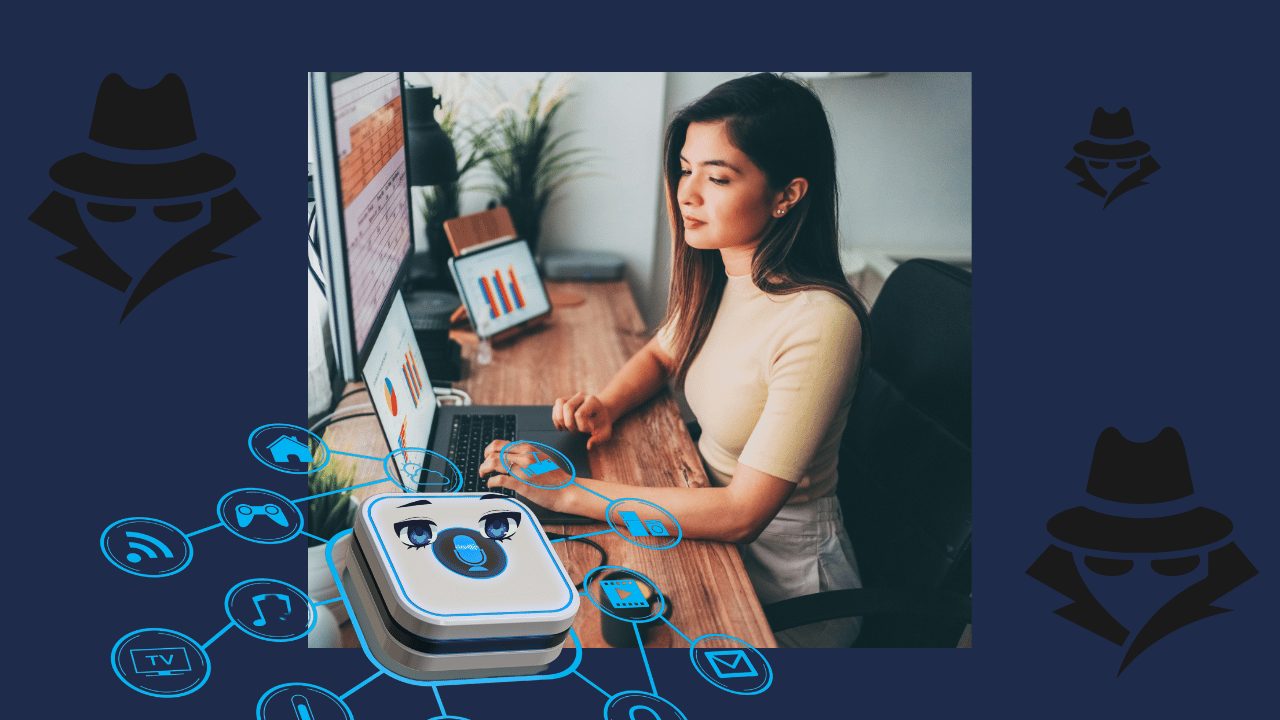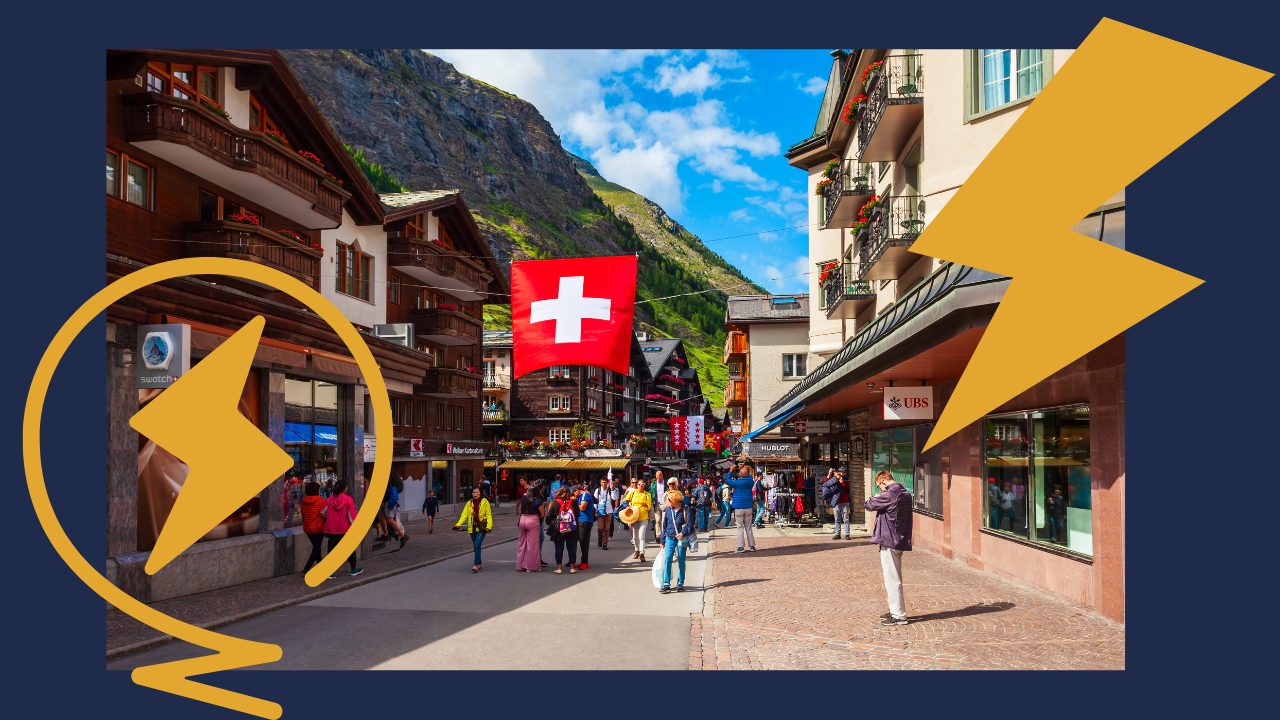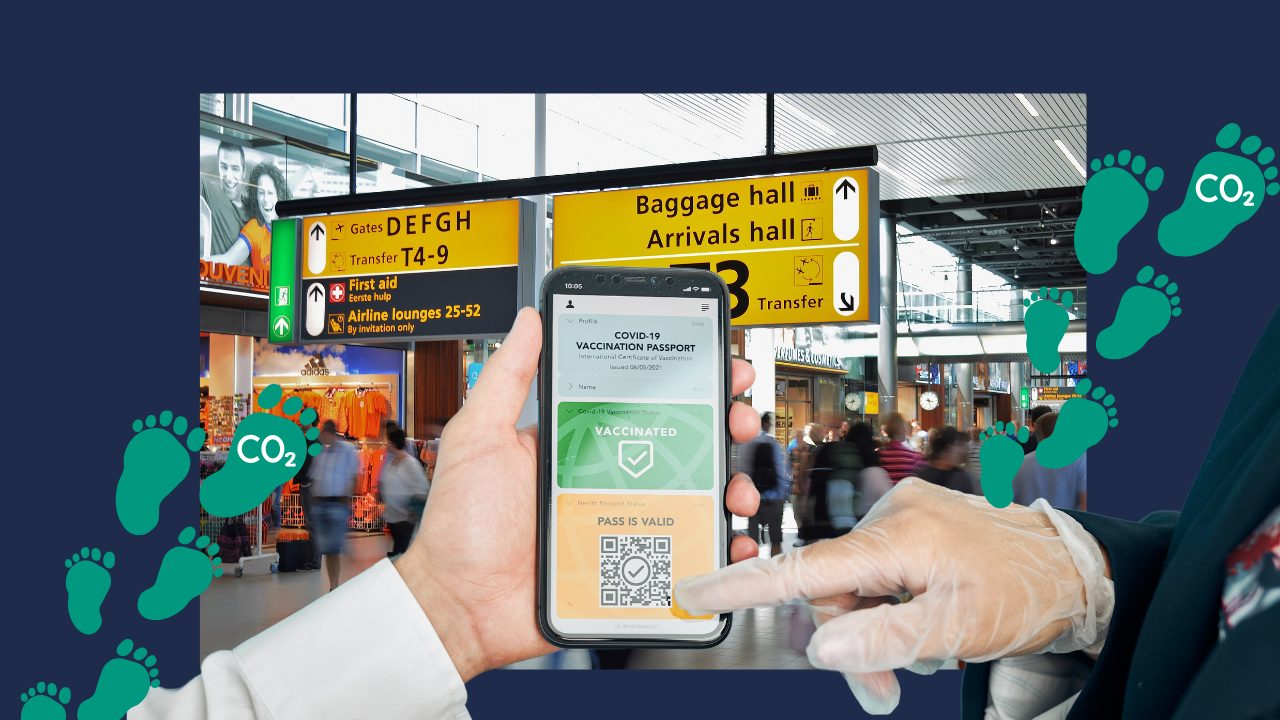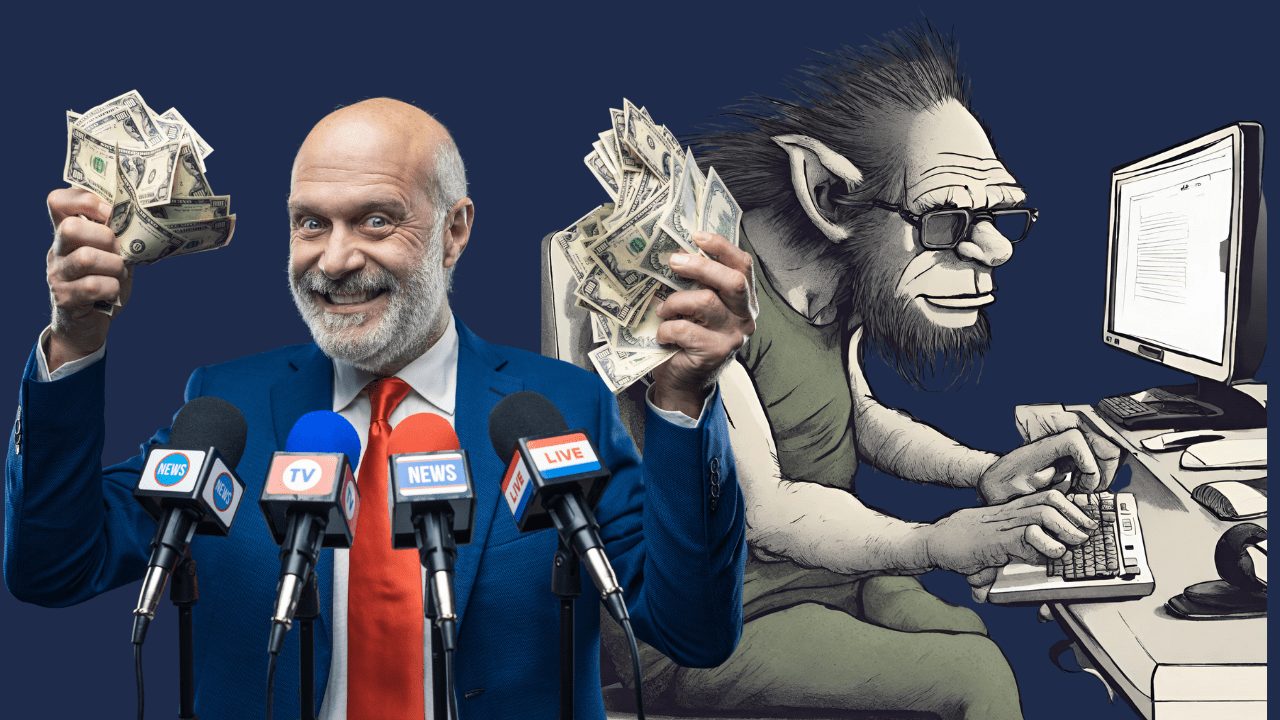What would a normal day in the near future look like if you didn’t have to pay anymore because the system already knows you’ve paid?
This story from 2027 may sound like fiction, but every single element already exists today—just in quieter forms.
“Those who give up liberty to obtain security will, in the end, lose both.”
— Benjamin Franklin
Tomorrow 2027 – A day that was too easy
I woke up like on any other day. The silence in the backyard, the gray light filtering through the shutters, the smell of old air in the room. Nothing indicated that this day would be different. I put on my jacket, took the fabric bag, and headed to the supermarket on the corner. Outside: the same scene as for years – fruit displays, the smell of fresh bread, a radio song somewhere in the background. Everything was the same, and yet…something wasn’t right.
There was no cashier before the register anymore. Just a screen, slightly pulsing. I stood in front of it—and before I could say “Good day,” the display flickered, showed my name. My ID. Transaction approved. I hadn’t pulled out a card or entered a PIN, not even confirmed. Everything had happened automatically. Too easy. Too smooth.
In that moment, I felt a subtle tug—not fear, but a restlessness that couldn’t be explained. Outwardly, everything was normal, but deep down I knew: It wasn’t right.
On the way home, I carried the bag with bread and coffee—but my thoughts were elsewhere. I wondered: Did I really pay just now—or just check how much freedom I still have? Once, you knew where your money began and where the state ended. Now I wasn’t so sure anymore.
A few years ago, the digital Euro was introduced with much fanfare. They said: It would make life easier, bring security, speed up payments. And indeed, it was so simple that one could forget they were using it. Instead, it was using you. Everything was interconnected: wages, taxes, utility services, healthcare—the system knew when you earned, when you shopped, even when you overspent. And then there came the limits—subtle, barely noticeable. Three-thousand Euro limit in the digital wallet. Automatic notifications for larger payments. Anonymous currencies abolished, because “staying anonymous” could be criminal.
In that moment I realized: Money is no longer yours if you can’t spend it at your will. The system began to decide what you could buy, where, and in what quantity. Your account was no longer yours. It became an instrument of surveillance. One click was enough, and you disappeared—not physically, but economically. Without explanation, without warning. Only: “Transaction not possible.”
“The most effective form of tyranny is that in which people love their servitude.”
— Aldous Huxley
The silence that thinks instead of you
While I drank my morning coffee, my gaze fell on my phone. It hadn’t rung—but it was looking at me.
On the display: an ad for a book about privacy—exactly what I had thought about yesterday.
I reached for the newspaper: an article about the subject I had recently discussed with a friend.
On TV: a politician spoke precisely about the question I had Googled last week.
This is no longer coincidence. This is pattern. An invisible power that not only knows what you think—it knows what you will think next.
Some say: They are just data. But in those data lies everything you are. And if they disappear—you disappear too, quietly, without a trace.
Those who still remember freedom
I wasn’t the only one who felt it.
In the café on the corner, they still accepted cash.
People sat next to each other, whispering about things no longer spoken aloud outside.
Someone knew how to transfer money offline. Another used old phones without apps.
Not a crime—but a resistance against every decision becoming a statistic.
They spoke of a boundary—a moment when convenience would no longer serve as justification.
No one knew exactly where that line lay—but everyone knew: We were approaching it.
Europe 2027 – Order, security, and silence
That year, a new regulation on digital transactions came into force.
Anonymous accounts disappeared.
Every digital wallet had to be linked to a name and identity.
Every transfer over a thousand Euros was automatically reported.
It was a world where privacy was no longer a right—but suspicious behavior.
One day I tried to donate to an independent medium.
The system blocked it.
“Transaction not compliant with regulations.”
No detailed explanation, no possibility for recourse.
In that moment, I understood what control means: Not violence—but the absence of the possibility, “Why?” to ask.
“At the beginning of every dictatorship stands the promise of a better order.”
— Albert Camus
The light that extinguishes freedom
Since that day, nothing looked the same.
The screens glowed in cold white light. Everything worked. Everything was exact.
No more errors, no delay.
Only perfection—and hidden within it, an emptiness. A system that knows everything about you—and no longer needs to tell you anything.
Sometimes I stand in front of that checkout. The screen recognizes my face and automatically thanks me for the purchase.
No more money, no words, no eye contact.
Only the light that flashes—and then goes out.
Then I think: Freedom didn’t disappear overnight.
It was lost that morning when we stopped noticing that we weren’t using it anymore.
What we call ‘digital progress’ today could be a new form of restriction tomorrow.
Therefore, it’s no longer about whether the system knows everything about us—but how long we can choose, what we wish to hide.
“Man does not lose freedom by what is taken from him, but by what he gives up without realizing it.”
— Unknown Author
You have become accustomed to comfort — like us all.
But true freedom begins precisely where you decide again.
Now is the time to reclaim the knowledge that makes you independent .



